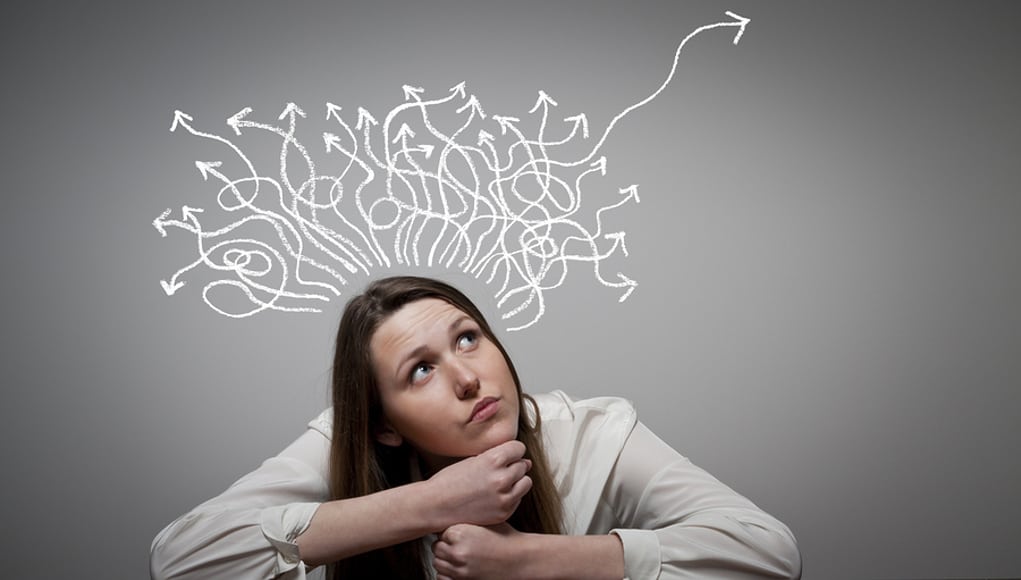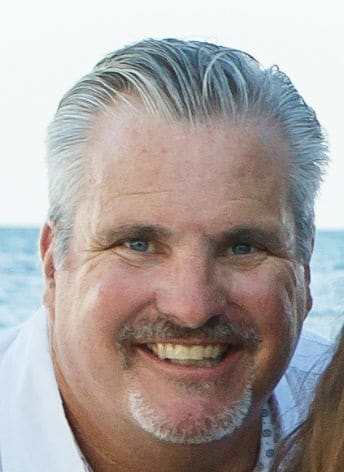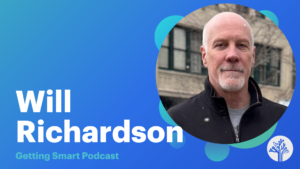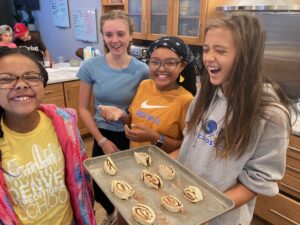Developmental Reflective Practices Lead to Learner Ownership, Critical Thinking, and Self-Actualization

With the increased interest and implementation of deeper learning pedagogies such as project-based learning—along with a renewed focus on important skills such as self-awareness, critical thinking, and emotional intelligence—many educators are recognizing the power of reflective thinking and practices.
As with many practices, the social science here is not new. Indeed, the father of modern educational reform John Dewey is famously known for emphasizing that “we do not learn from experience, but rather we learn from reflecting on experience.” If we want our students to be lifelong learners who think deeply, critically, and meaningfully, then we see the value in regular and developmental reflection and reflective thinking.
The Why
On the micro level, reflection is really metacognition. Put simply, this is thinking about one’s thinking. More precisely, it refers to the processes used to plan, monitor, and assess one’s understanding and performance. This is at the core of deeper learning. When done well, students not only engage in project-based endeavors, but also are challenged by their teachers and others throughout, and at the conclusion of the work, to reflect on all aspects of the project. This means what worked, what didn’t work, what could or should happen next time, and what one could do differently. This results in the learner having a greater understanding of their contribution to the work and process, their role or roles in the team, and their own growth (academic, social and more). The learner can see themself as an active part of the learning process and that nothing about it is static. They can be part of the problem or solution and that is the journey into self-awareness and discovery.
Early On: The Basics
From day one in a classroom, we can implement reflective practices. These are often seen today in the form of exit tickets, journals, short surveys, or even video testimonials. These are great. But to make them truly reflective, we need to make sure we are not just asking learners about what they learned. Rather, we need to ask them about the learning. What does it mean to them? What’s interesting? What’s applicable to their larger lives?
Beyond the Basic: Project Reflection
It’s imperative that we move beyond just the exit tickets and short daily type of reflections. These have value and can build skills, as well as classroom community, culture, and communication. However, we need to challenge students to reflect in more complex and impactful ways. These reflections need to be about the significant work they do when producing final public products, as well as after they complete key milestones throughout a significant piece of work (projects). This is where they might be asked—informally and formally—reflective questions about their individual and collaborative work. We might ask what they learned about the topic, themselves, their teammates, or collaborators. We might ask them about what skills they developed or advanced.
Reflective Practices in Showcases & Exhibitions
Once students are sharing their work at public forums—school exhibitions and showcases, as well as online and in the community—reflection needs to become a built in part of the work. Often, students can have a pre-designed portion of their public presentations include reflective commentary. Teachers can also make sure that audiences have an opportunity to ask reflective questions of the students. These Q&A sessions can include questions about what the student learned, what they would do differently in the future, and how the work applies to their future work, career, and lives. Reflections can be included in rubrics and therefore become part of the summative or final assessment.
Culminating Reflections / Defense of Learning
Throughout the learning journey, students will produce many products and projects and hopefully share these with their peers, teachers, mentors, family, community members, professionals, and experts. But as we progress, it seems logical that we will have culminating experiences. These are often capstone projects, portfolio projects, or those that conclude a learning journey (i.e. 10th grade, 11th grade, 12th grade, or maybe completing a pathway or academy).
At my former high school, we had two capstone type projects. For grades 9-11, we had the portfolio project entitled the Personal Brand Equity. This focused on students sharing their work from all of their classes while identifying their best work, personal interests and successes, and ultimately how these connected to their future lives. For seniors, we had the Senior Legacy Experience which was an opportunity to pursue a personal passion project and connect it to their high school learning, experiences, and skills.
Final Reflections on Reflective Practices
All of these reflective practices are ultimately opportunities for students to see how their learning and work have impact beyond themselves. These not only challenge learners to present their best work and learning, but to also be legitimate lifelong learners. This not only requires students to analyze and assess their learning and best work, but also self-reflect on their growth, learning, and place in the bigger world.
For more, see:
- Why Making Time for Reflection Matters: 5 Ideas to Try
- Metacognition And Why It Matters In Education
- Making The Most Of Student Reflections
Stay in-the-know with innovations in learning by signing up for the weekly Smart Update.







0 Comments
Leave a Comment
Your email address will not be published. All fields are required.